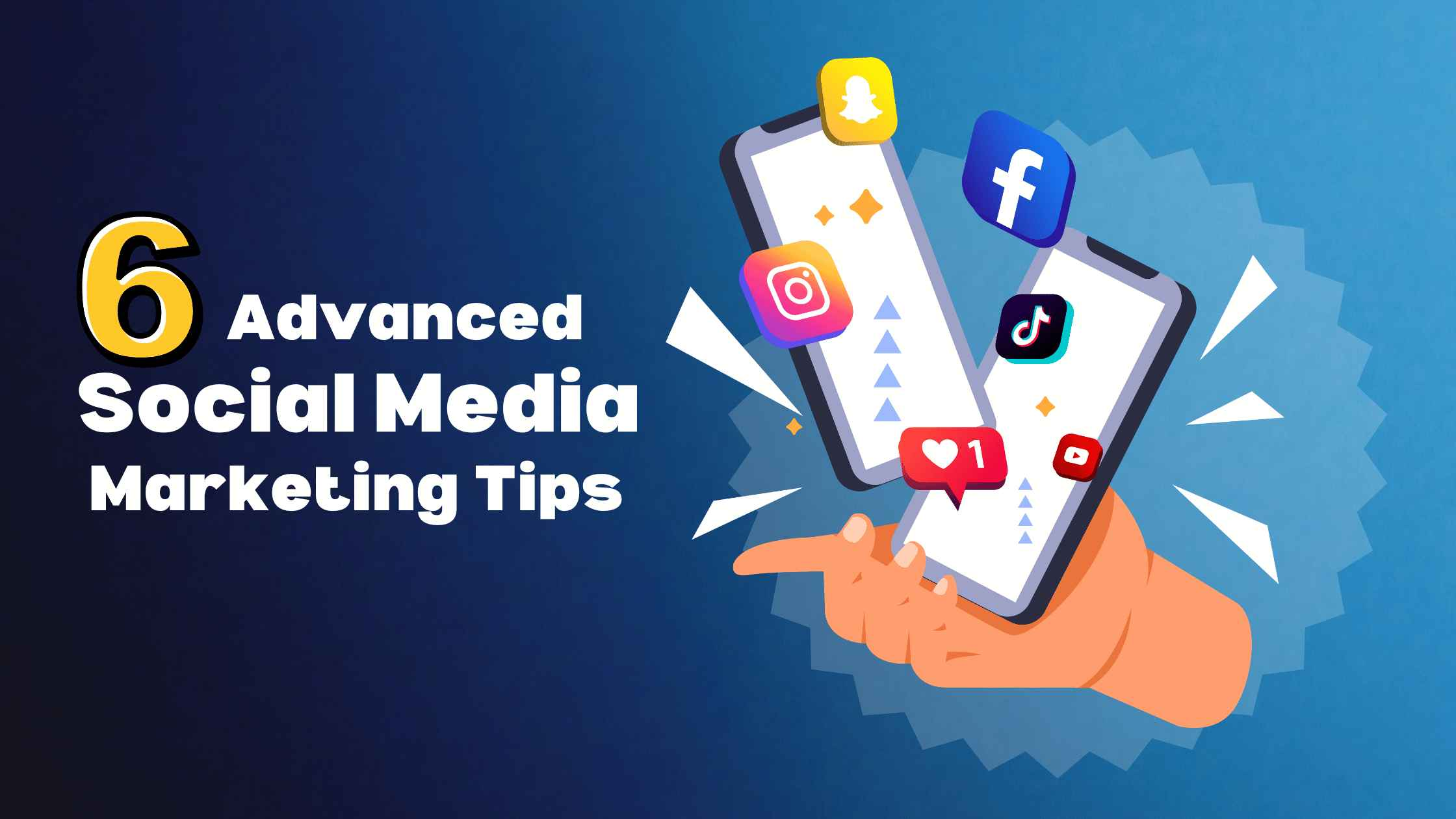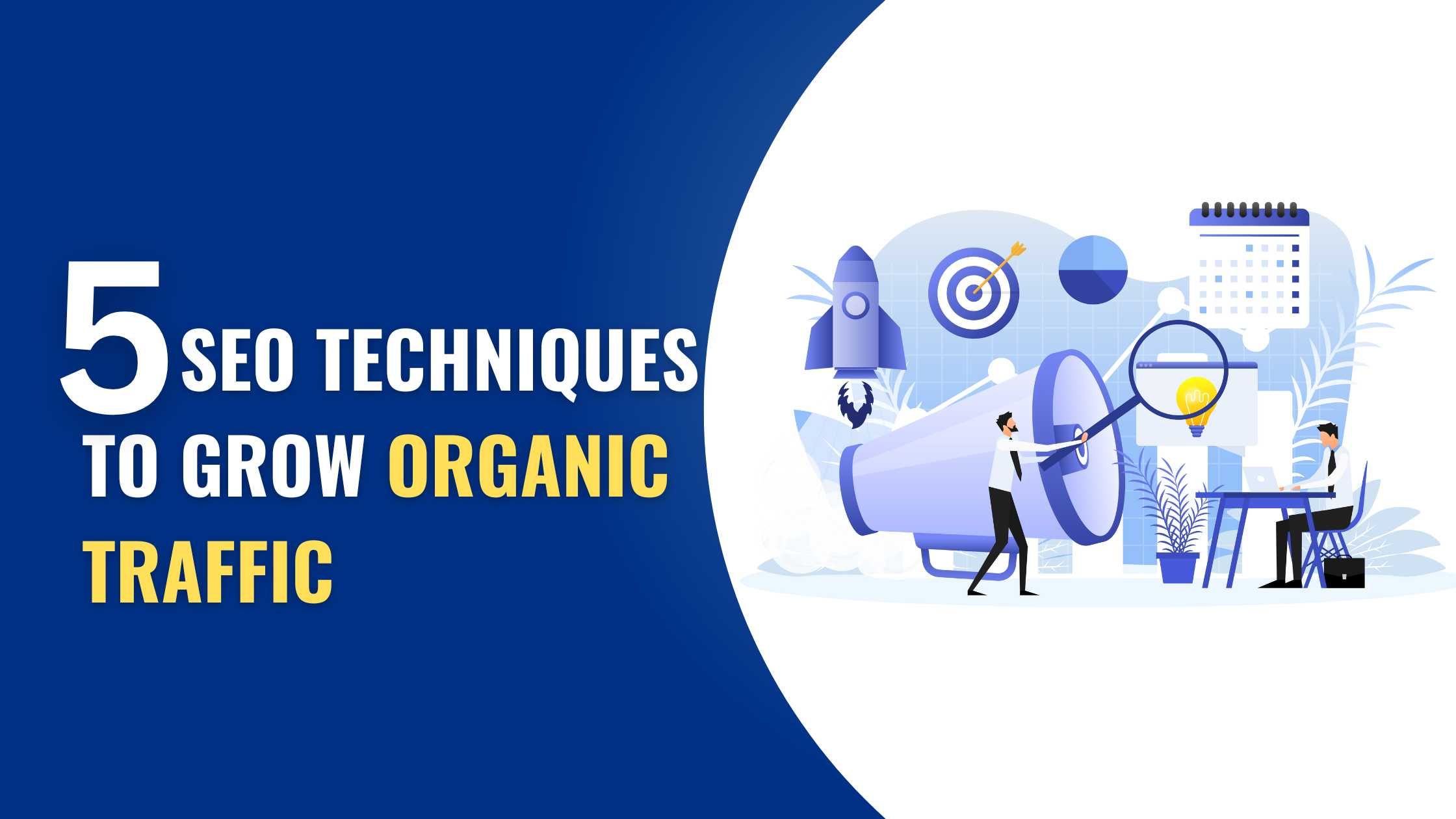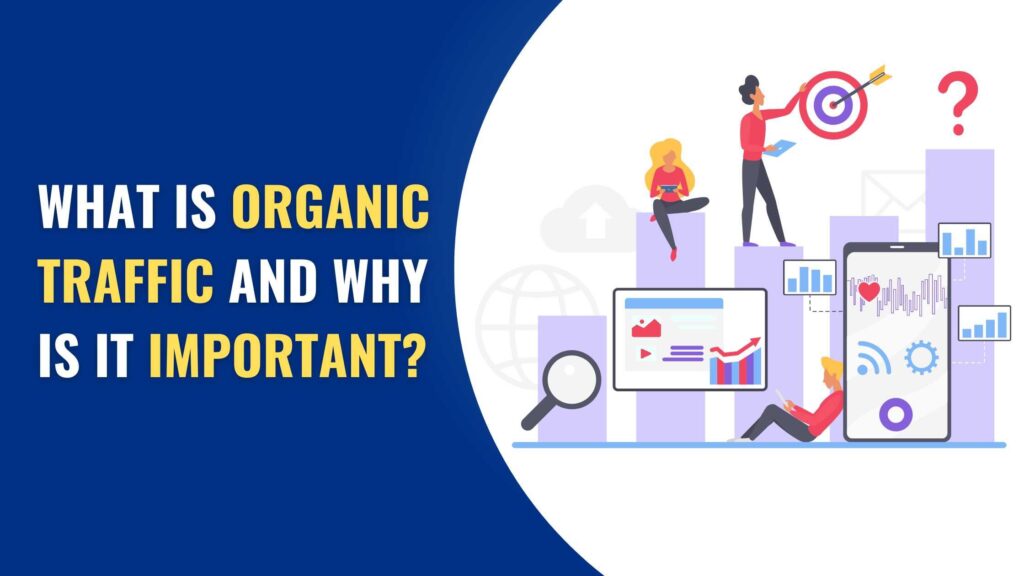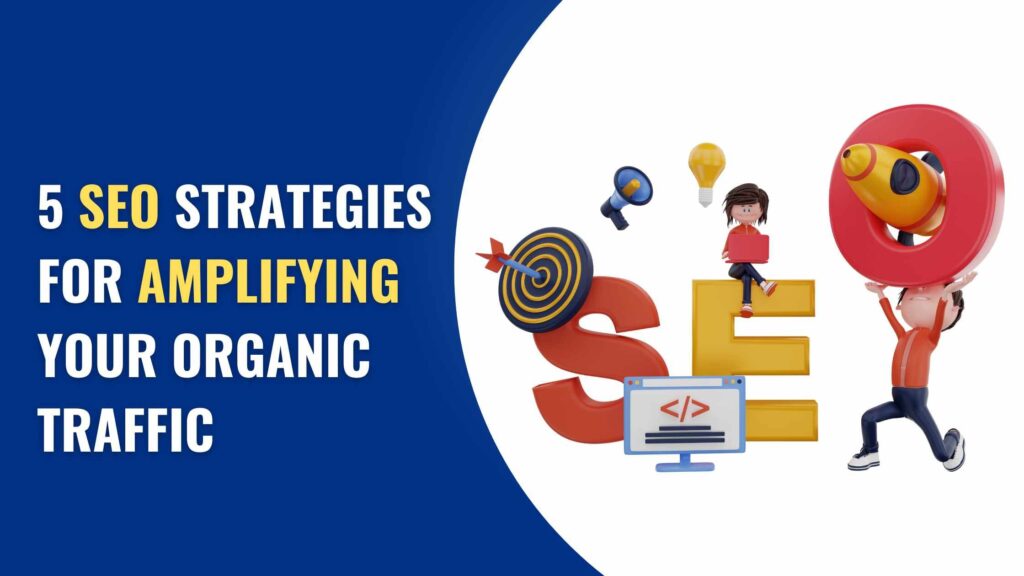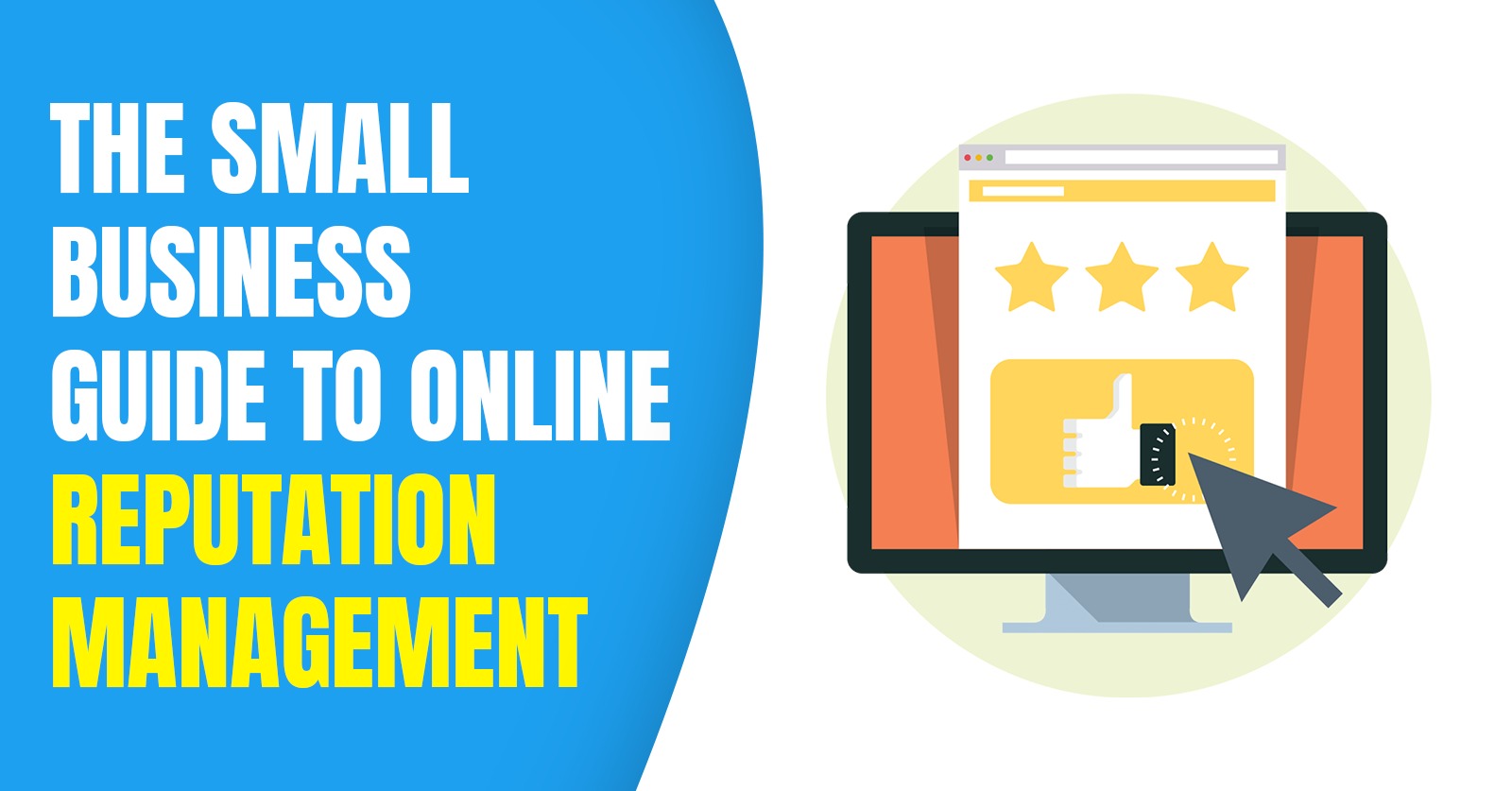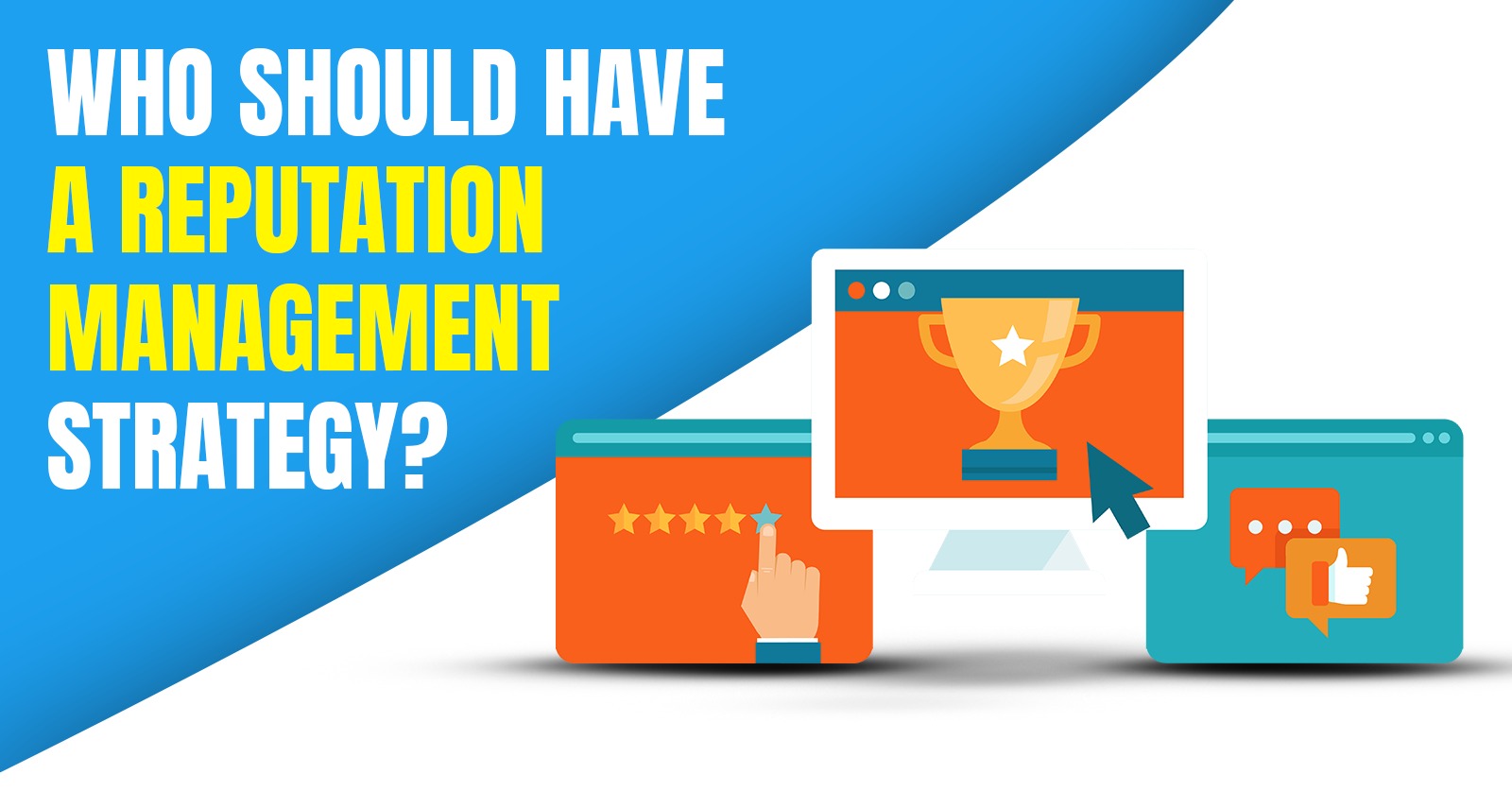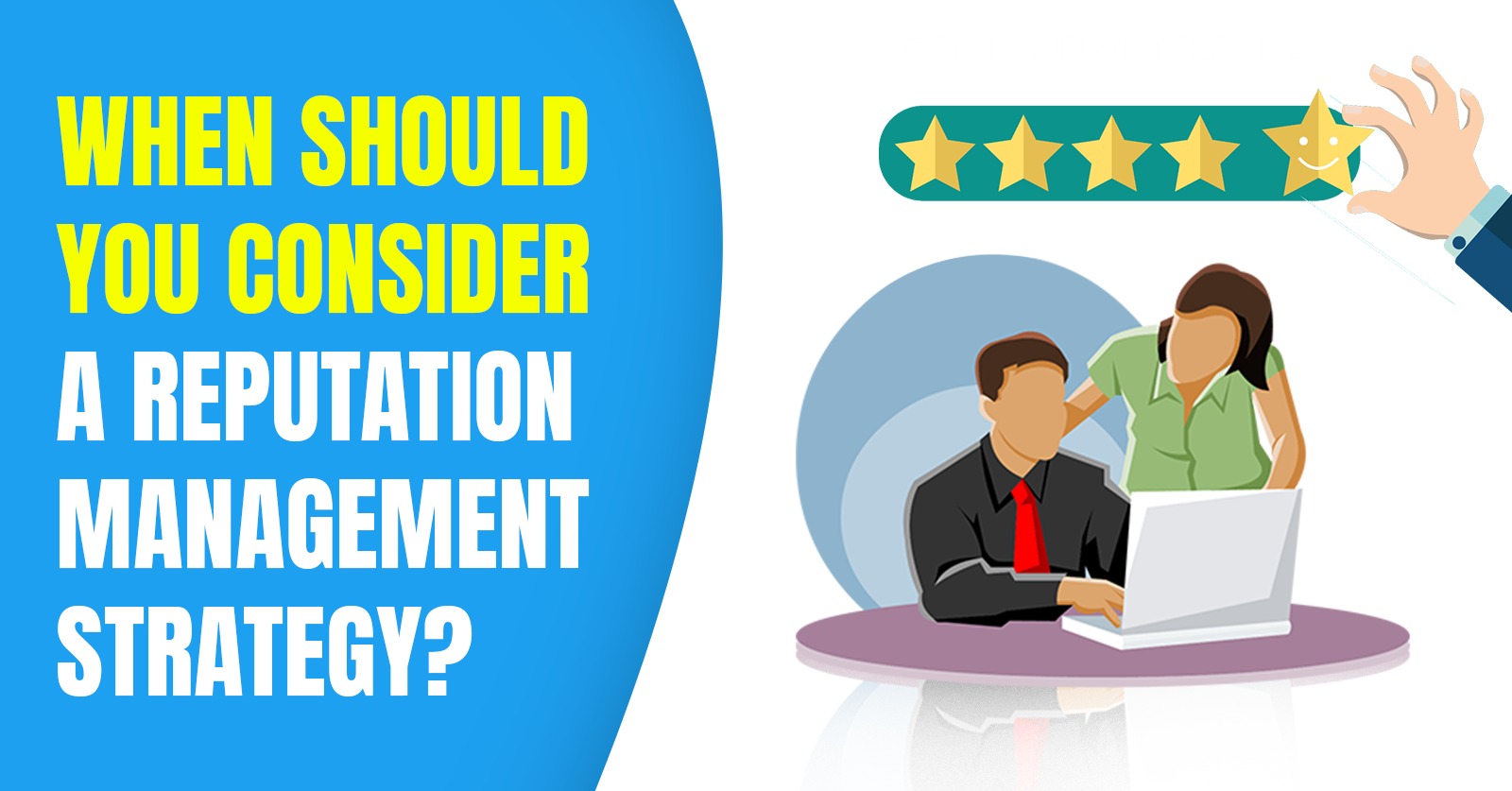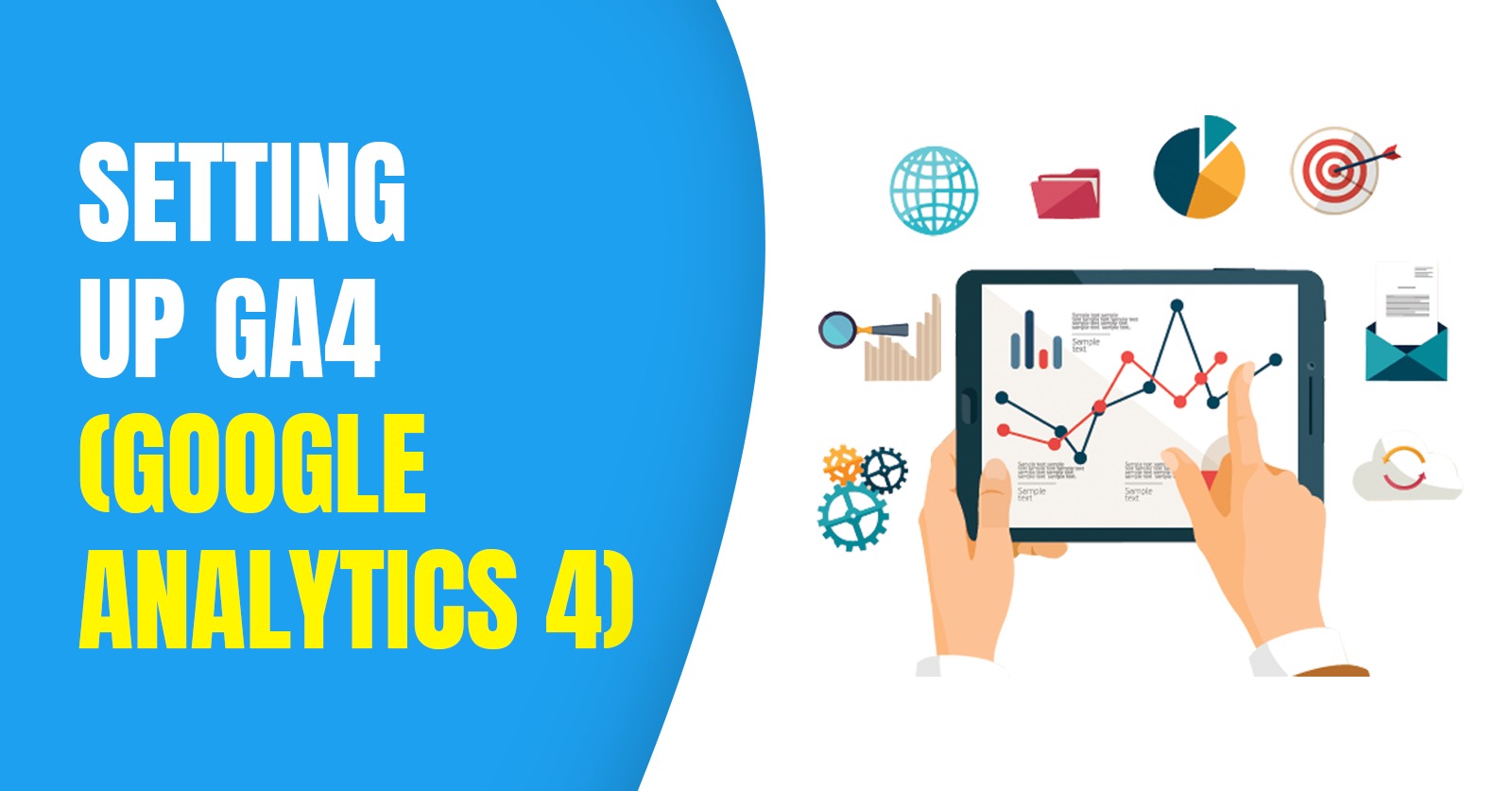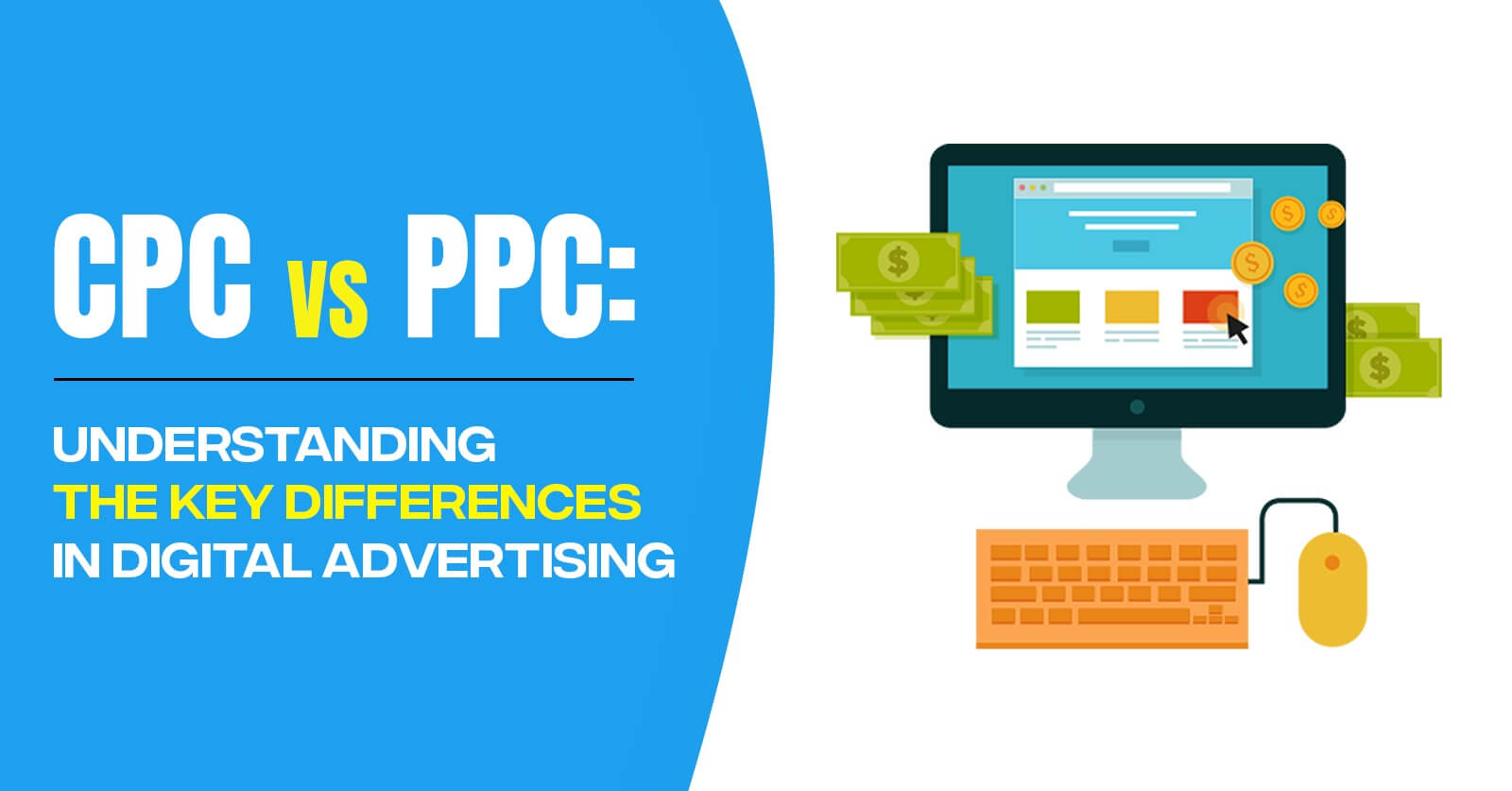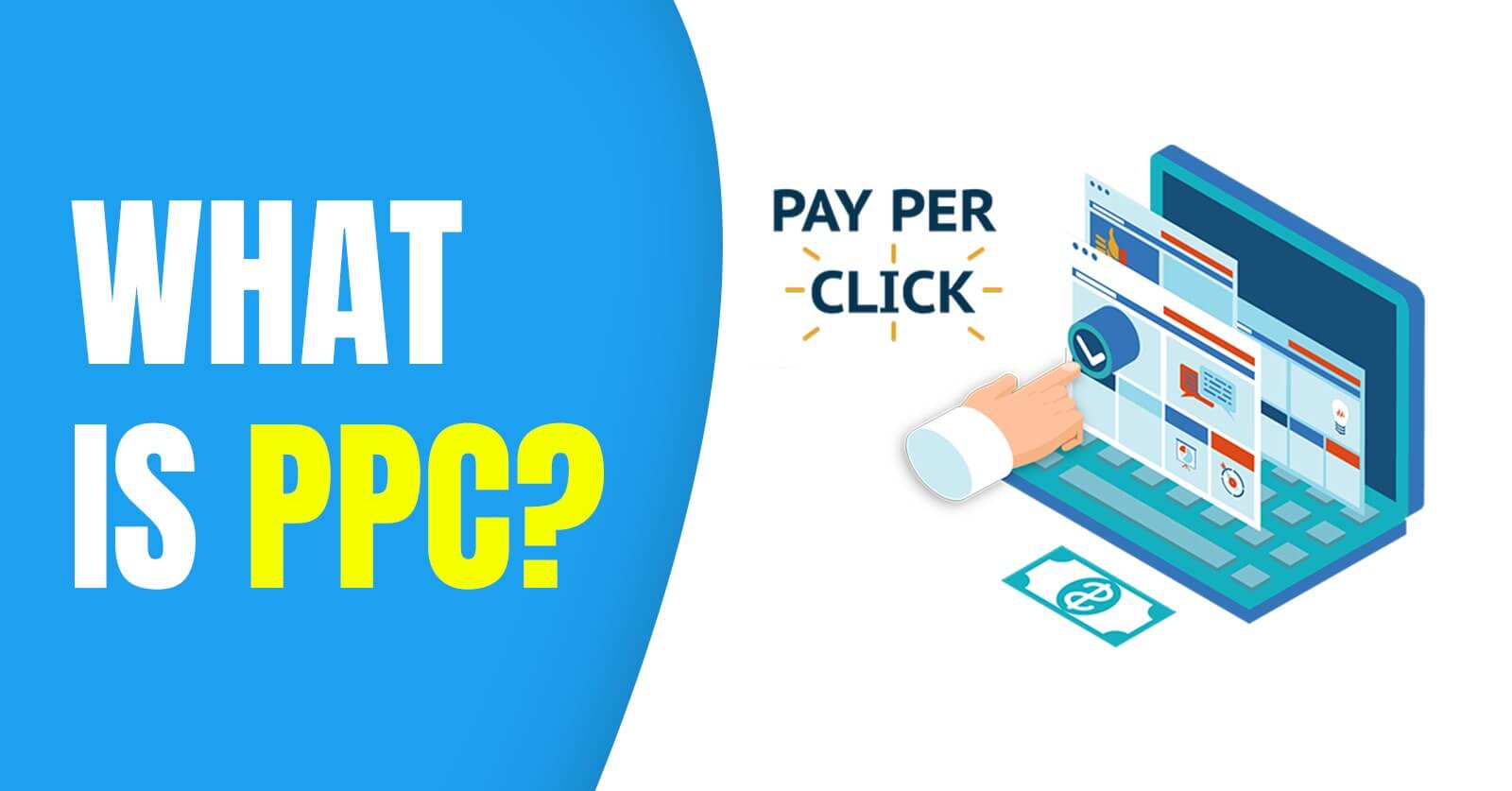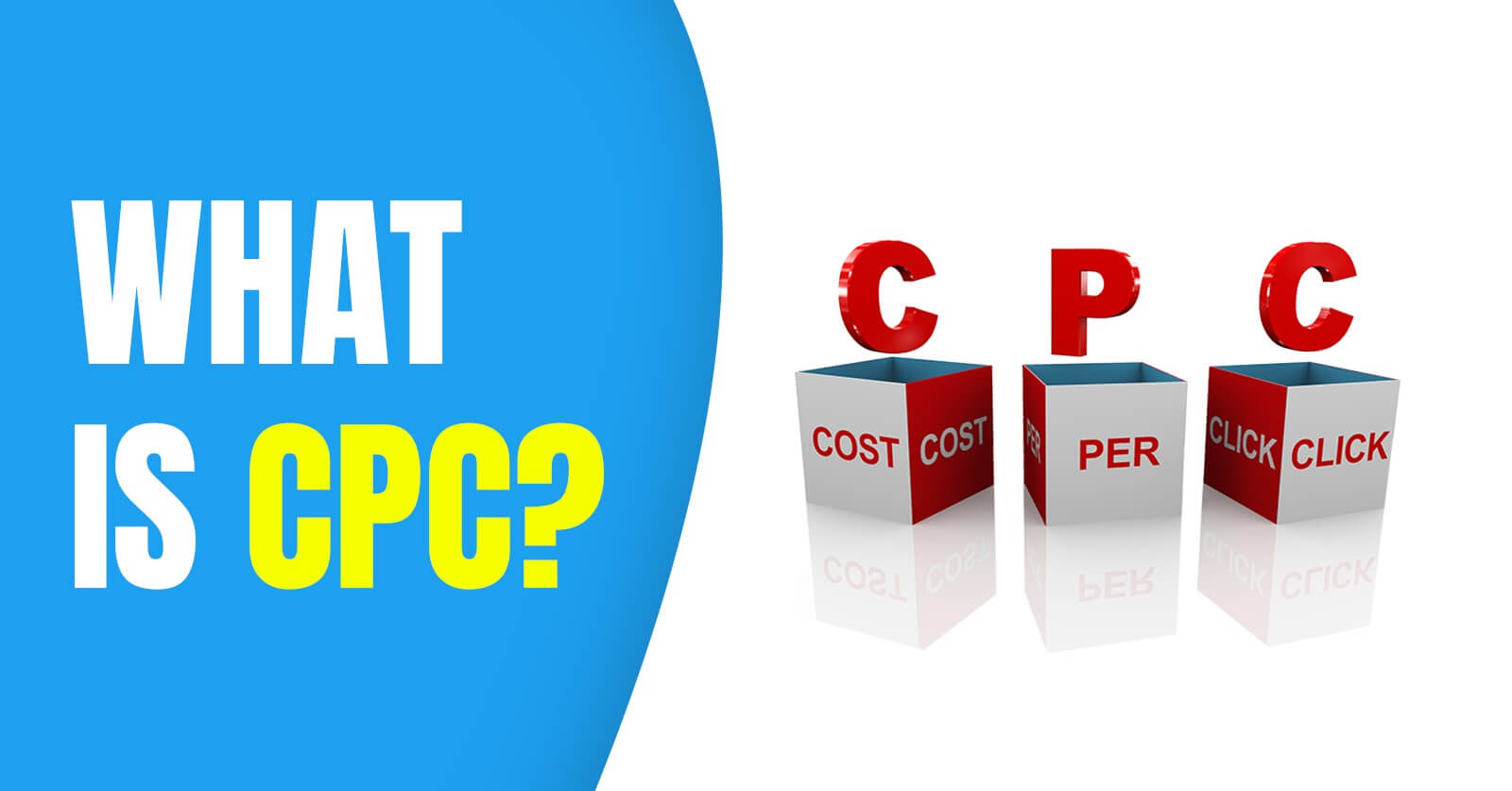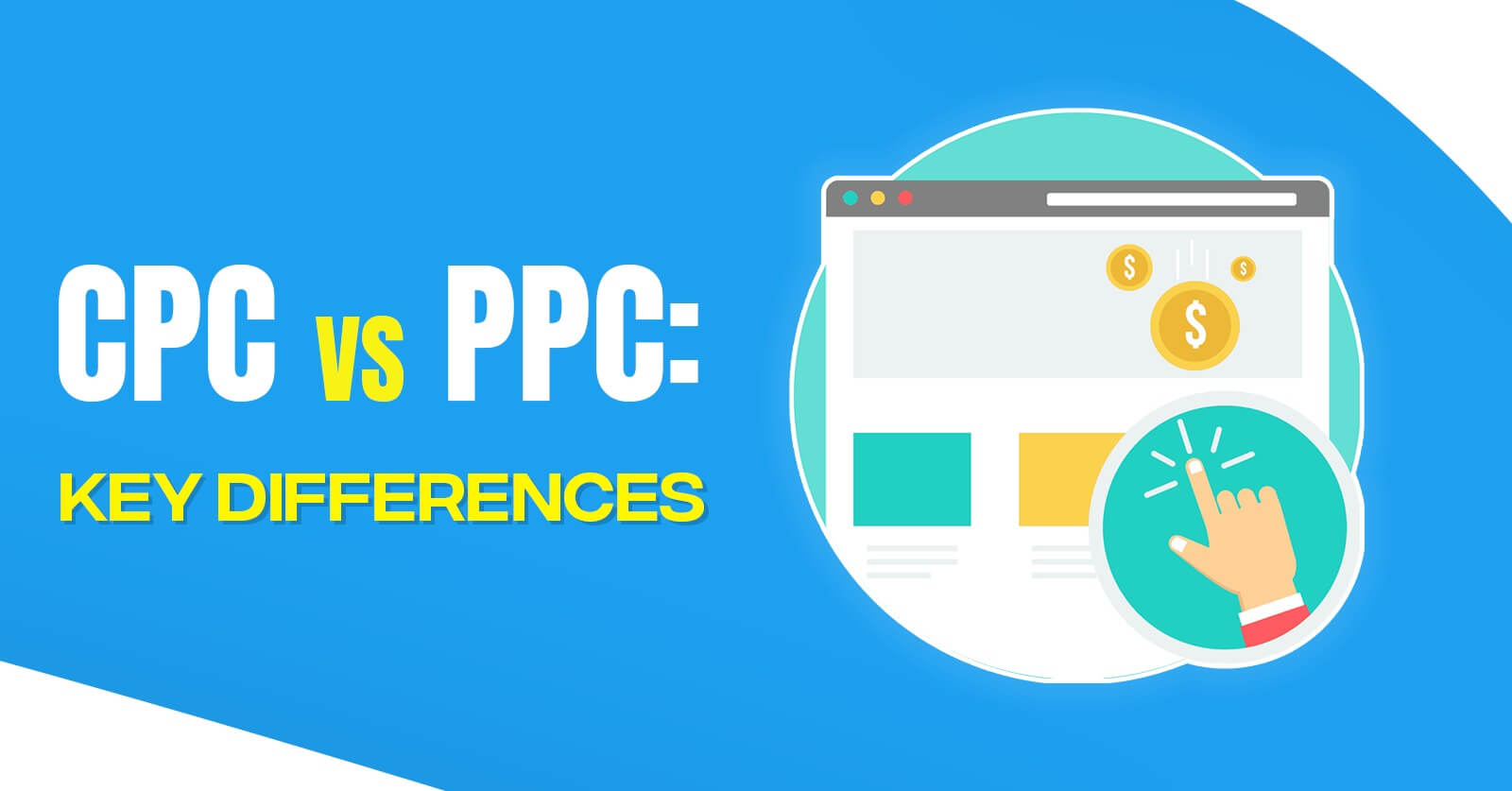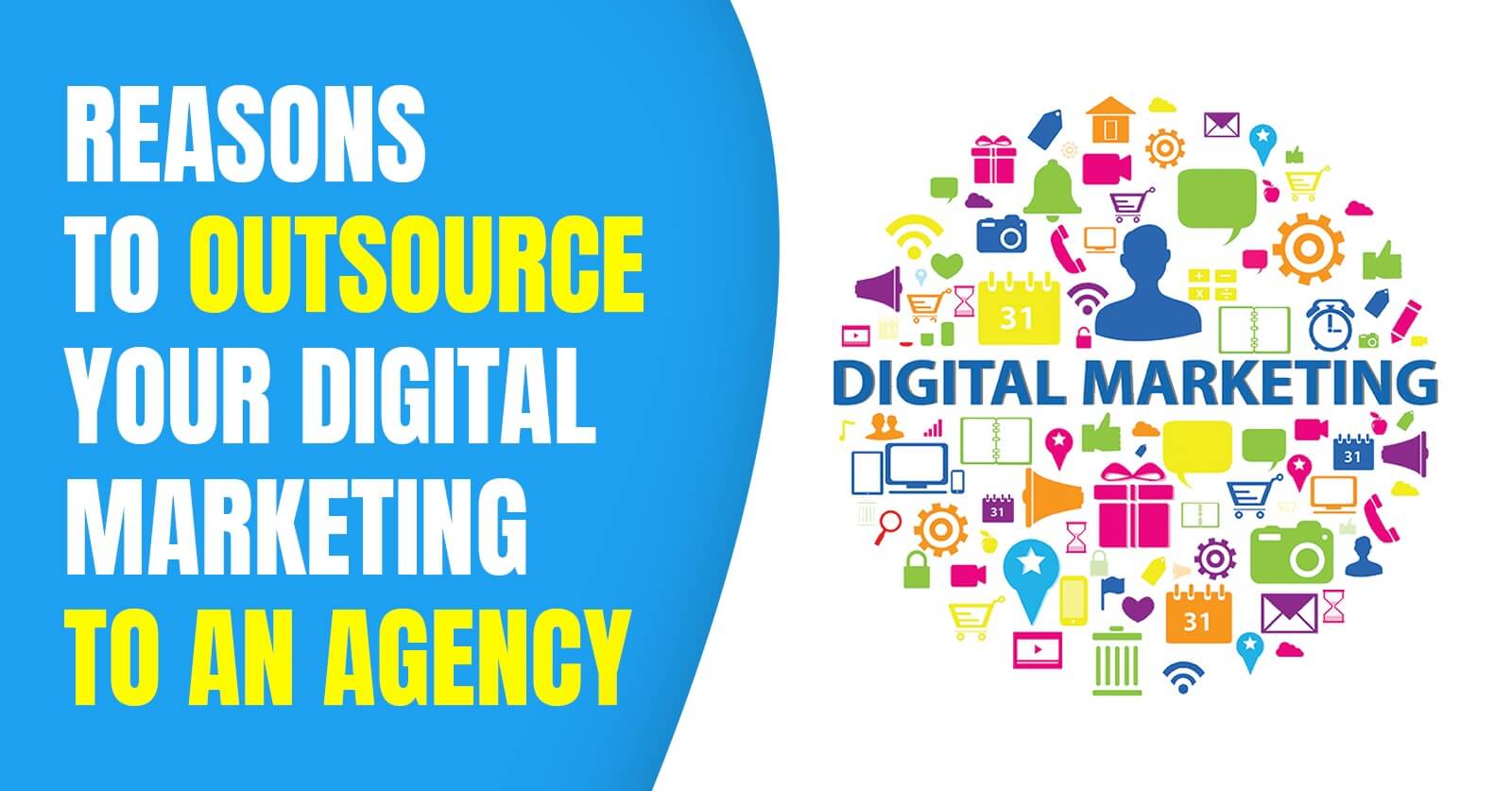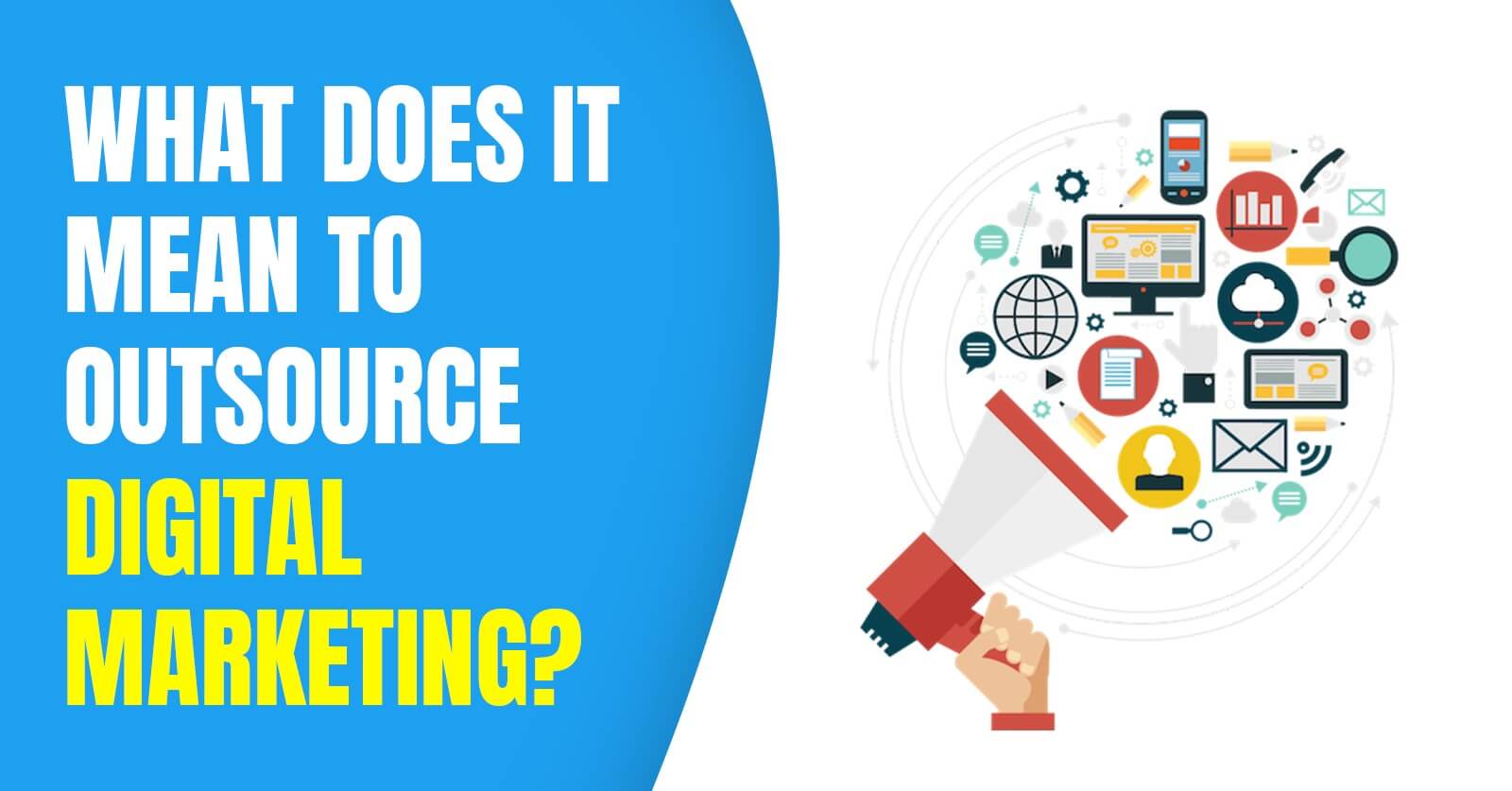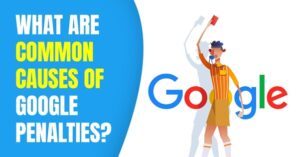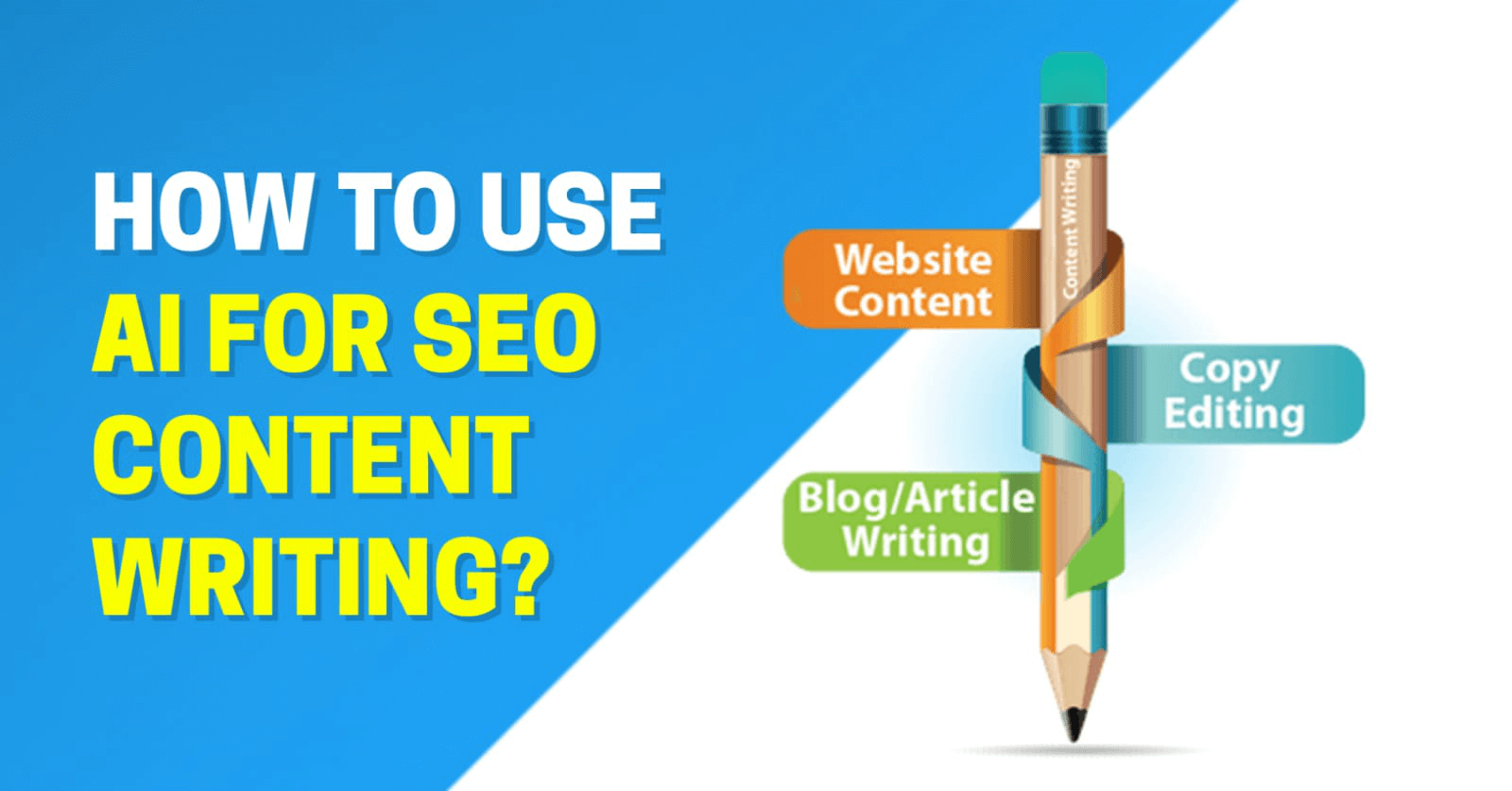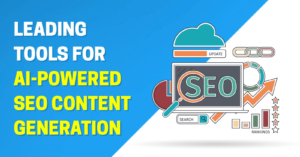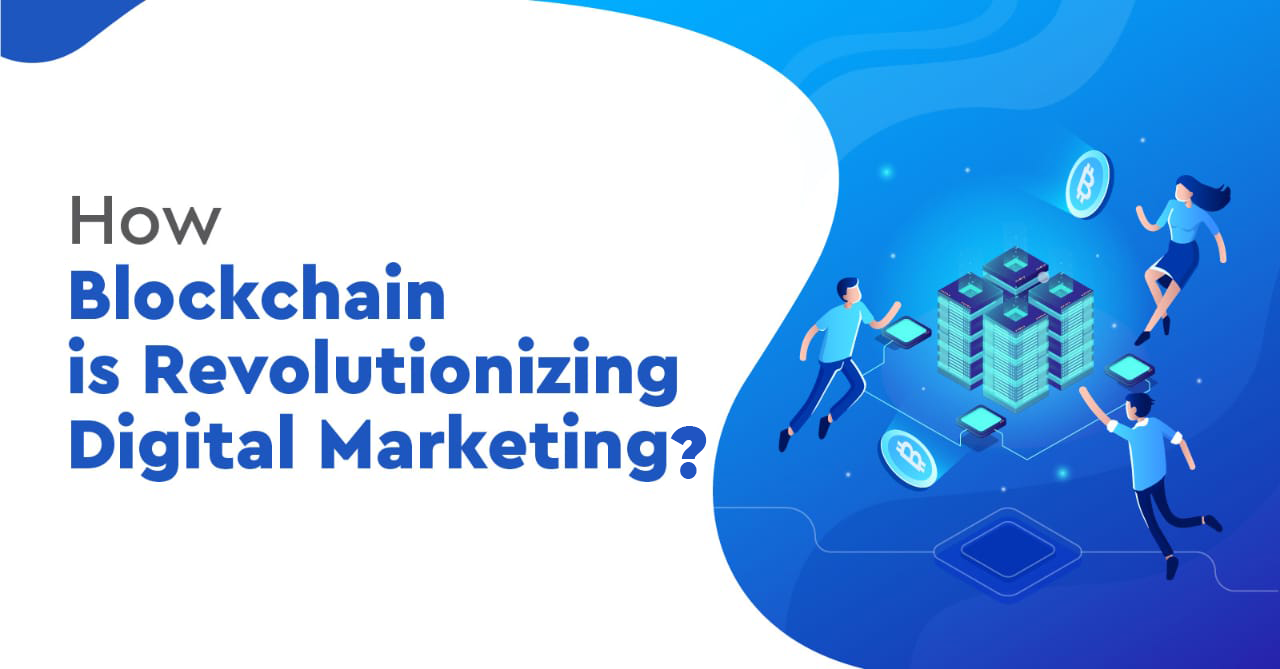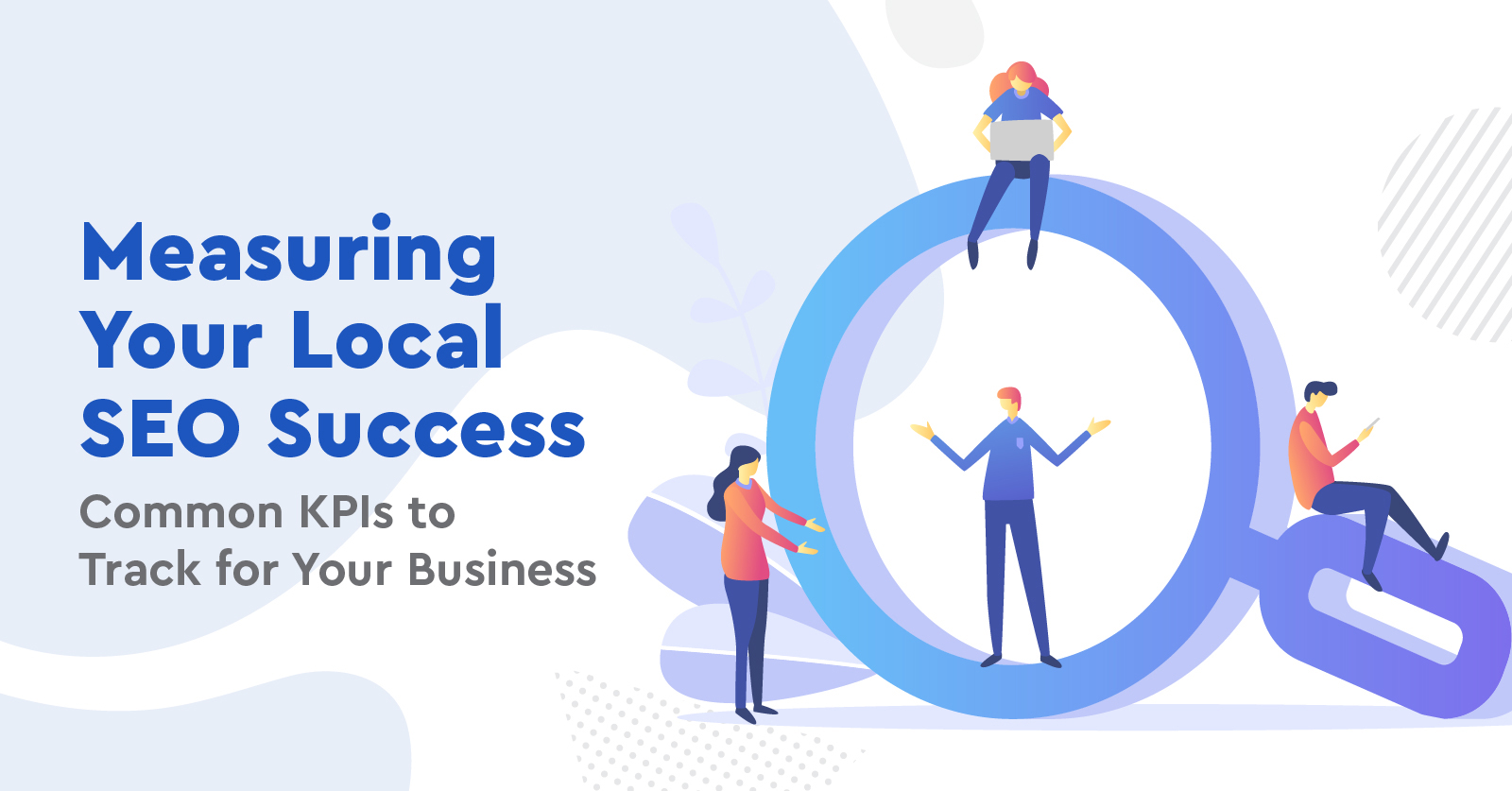Effective social media management demands a significant time investment. Although tools exist for campaign scheduling and initiation, there are no substitutes for dedicating time to craft high-quality marketing content and actively oversee the resulting social interactions. If you’re promoting your business and products on social media without a meticulously devised strategy, or if you’re not ready to commit ample time to execute it effectively, there’s a chance you’ll make little progress and squander valuable time and effort. Here’s when you should look for amazing Social media marketing tips.
Distinct regulations, cultures, and user bases exist across the prominent social media platforms. To enhance the effectiveness of your marketing endeavors, it’s advisable to tailor your approach to each platform’s unique characteristics. For instance, platforms like Twitter are well-suited for concise, focused messages or sharing links to in-depth content on your website. On the other hand, platforms like Facebook or LinkedIn are better suited for conveying more extensive messages.
Basic requirements encompass a captivating content strategy, appealing visuals, and interactive elements. However, to genuinely experience tangible business outcomes from social media marketing, there’s a wealth of additional knowledge to acquire.
Here are six advanced tips for enhancing your social media marketing:
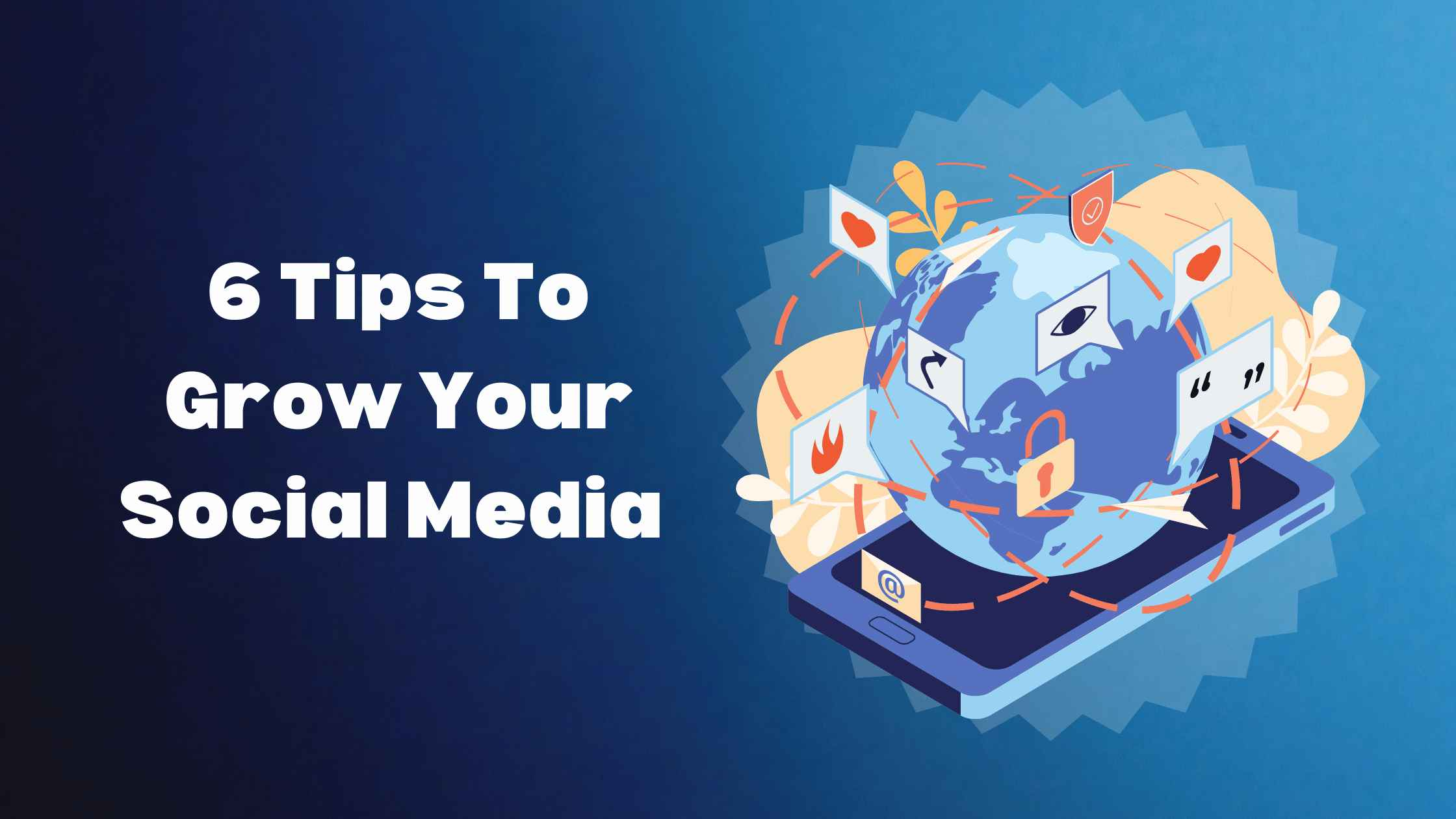
1. Regular posting
Maintaining a consistent posting schedule is key to sustaining your audience’s engagement. However, this doesn’t imply spamming social media with excessive content that might estrange your followers. Rather, by consistently delivering updates and valuable information, you cultivate a sense of anticipation that makes your audience to return for more updates.
For optimal efficiency, streamline this process by keeping a content calendar that outlines your planned posts for each platform and their respective timings. This calendar should also clarify the content format you want to share on each site.
2. Focus on Quality not Quantity
Relevance is more important as compared to detailed and lengthy content. We all know that audience accepts more of a crisp and to the point.
This could involve practical tips, exclusive discounts, or even shareable humor. If creating new content at a fast pace is a challenge, you can also curate relevant, top-notch content to maintain an active social media presence and engage your audience consistently.
3. Use an app to oversee the social media activities
The buttons and settings on social media websites like Twitter and Facebook aren’t always set up to make things faster. To work better on these sites, it’s a good idea to use special tools that help you do things quicker. These tools can:
- Boost the post when you want them to, without you needing to do it.
- Share content on many different sites together like Meta Business suite.
- See lots of social media content all in one place.
4. A/B testing
A/B testing means trying out 2 or more headlines for one piece of content to see which one gets more attention online. Marketers usually do this with web pages, but it’s also smart to do it with social media posts. One method is to share the same link multiple times but with different headlines each time. After you figure out which headline people liked the most, you can use it for your ads or posts on your web page or social media.
5. Refine your ad – structure campaign
If you employ the Advantage+ budget (previously known as CBO or campaign budget optimization), Facebook/Instagram will determine which ad sets receive the budget. However, in testing, it’s important to allocate equal budget across all elements.
Including more than one ad within an ad set leads to a similar outcome. Facebook/Instagram will choose where to allocate the budget for your untested ads, even though each untested ad should receive the same budget to ensure a fair test.
Once you identify the successful ads and target audiences, you can then explore other budgeting strategies like CBO or cost cap bidding to further expand your efforts.
6. Give audience a reason to follow you
Following the tips to increase content reach on social media is important but making the visitors stick around is equally crucial.
This strategy includes forming a compelling offer that motivates your audience to follow your Instagram page and regularly visit and interact with your posts.
This can be done using the following 2 tactics:
- Include a positioning statement in your bio. This is a brief phrase or sentence that clearly explains the benefits you provide to your audience.
- Create a consistent Live series – Instagram users really enjoy regular live content! Making a commitment to host live sessions at set intervals and promoting this in your bio will motivate people to follow you to stay updated on your live series.
Conclusion
To sum up, effective social media management demands dedicated time, thoughtful strategy, and adaptability to the unique attributes of each platform. Tools can assist in scheduling, but crafting compelling content and engaging with your audience remain pivotal. Our Social media marketing tips have been derived from a long-term experience of working on multiple social media platforms.
Top social media marketing company in Indore will help your tailor your approach to each platform’s characteristics enhances your marketing success. Quality content, engaging visuals, and interactive elements are crucial, but deeper insights are necessary for tangible outcomes.
FAQs
1. What is Social Media Marketing ?
Social media marketing (SMM) is a form of online marketing wherein businesses promote their products or services through social networking platforms and mobile apps. These platforms enable individuals to share their views about brands directly with their social contacts.
2. What are some common mistakes to be taken care of related to social media marketing?
One significant blunder is being inconsistent—posting irregularly and failing to respond when consumers try to engage. Another one is using social media solely as a platform to share your own content, without actively participating in discussions or adding comments that attracts audience to interact by clicking, liking, or sharing.





